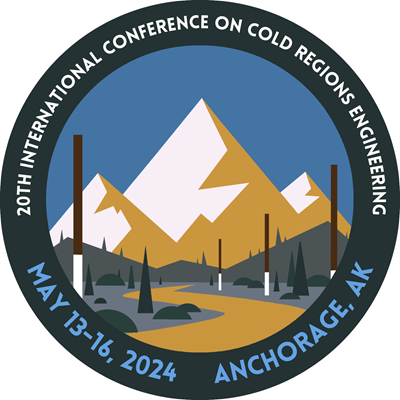The LOC is excited to announce the following distinguished keynote speakers for this conference.
- Dr. Peter Bieniek, Research Associate Professor, University of Alaska Fairbanks. Topic: Data and tools that can support engineering solutions in the changing climate of Alaska. This presentation will provide a brief overview of climate change in Alaska with a discussion of some of the climate-related tools and data sets that are currently available and could be used to support Alaska engineering and other long-term planning projects.
- Dr. Joseph L. Corriveau, Senior Advisor for Cold Regions Research & Development at the Cold Regions Research and Engineering Laboratory (CRREL). Topic: U.S Army needs in the Arctic within our cold regions research and development mission and CRREL capabilities and recent achievement
- Randy “Church” Kee, Maj Gen, USAF (Ret). Director, Ted Stevens Center for Arctic Security Studies. Topic: Geopolitics, Climate and Russia: Security in a Changing Arctic
- Tom Marchesani, P.E., Vice President of Engineering, Risk, and System Integrity, Alyeska Pipeline Service Company. Topic: TRANS-ALASKA PIPELINE SYSTEM: Past, Present and Future.
- Dr. Michael Sfraga, Chair, U.S. Arctic Research Commission; Chair & Distinguished Fellow, Polar Institute, Wilson Center (United States). Topic: Current activities and international collaboration to address the challenges of a changing Arctic.
- Dr. Hannele Zubeck, P.E., Professor Emerita of Civil Engineering at the University of Alaska Anchorage. She is the 17th Recipient of the Elbert F. Rice Memorial Lecture Award. Her lecture is titled “Cold Regions Engineering Education, following in the steps of Dr. Eb Rice.”
- Wiley W Wilhelm, P.E., General Manager, UMIAQ DESIGN, LLC. Mr. Wilhelm’s presentation, titled 35 Years in the Making, will discuss changes he has observed in Utqiaġvik during his career and what challenges he sees coming in the future for the northmost community in Alaska.

Dr. Peter Bieniek is a Research Associate Professor at the International Arctic Research Center at the University of Alaska Fairbanks. He is an atmospheric scientist and his research focuses on Alaska regional climate variability and change. Recent projects have included evaluating seasonal forecasts of Alaska wildfires and producing high-resolution dynamically downscaled projections of climate for Alaska. His work has contributed to the National Climate Assessment and NOAA climate monitoring in Alaska and his downscaled Alaska climate data sets are in wide use. Peter graduated with a B.S. in Meteorology from Valparaiso University in 2005 and an M.S. and Ph.D. in Atmospheric Science from the University of Alaska Fairbanks in 2007 and 2012 respectively.
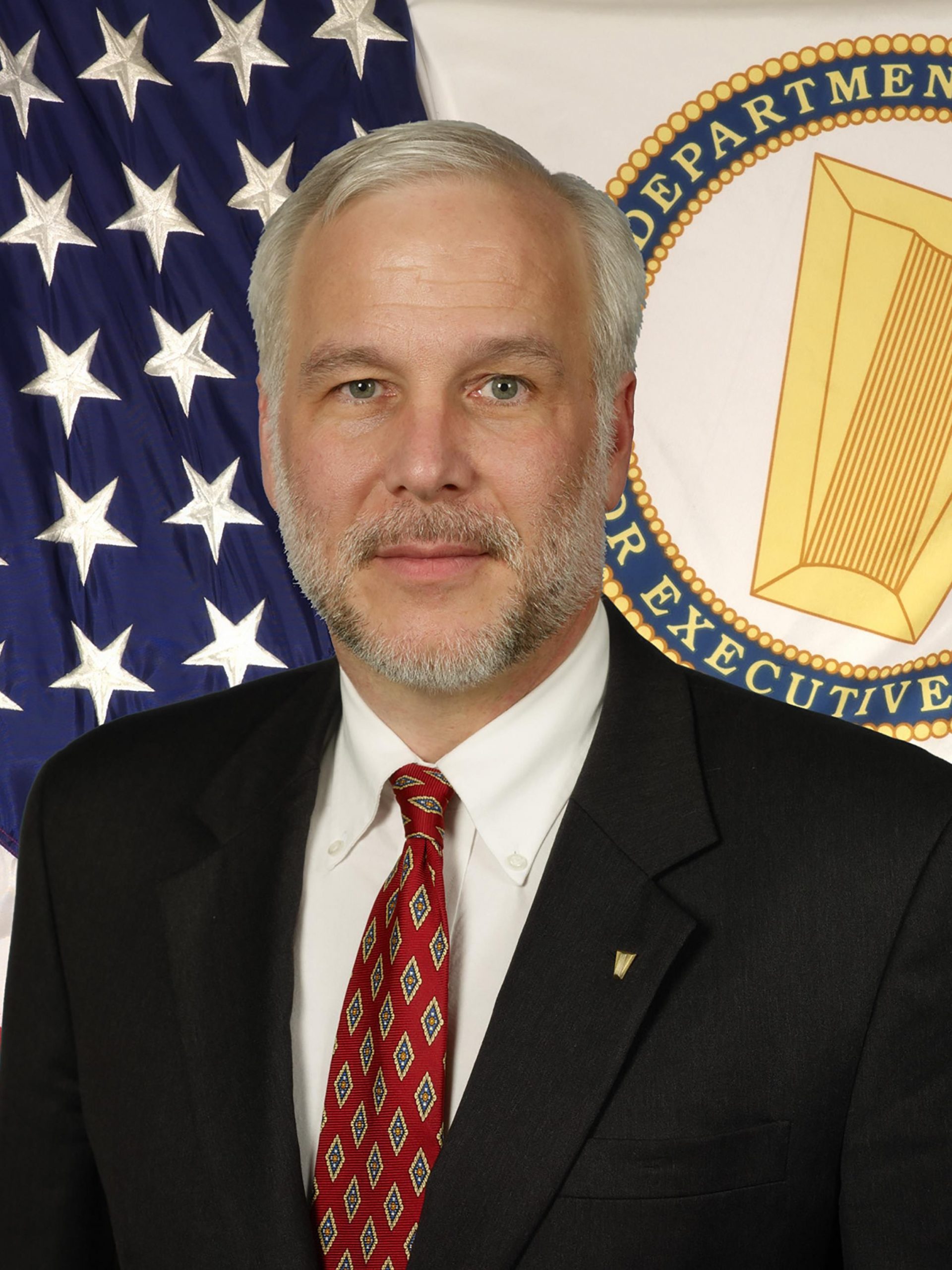
Dr. Joseph L. Corriveau serves as the Senior Advisor for Cold Regions Research & Development at the Cold Regions Research and Engineering Laboratory (CRREL) located in Hanover, New Hampshire and Fairbanks, Alaska. The mission of CRREL is to advance and apply science and research engineering approaches to solve interdisciplinary and strategically important challenges related to the Earth’s cold regions. CRREL conducts research across a range of fundamental and applied sciences and engineering in polar regions and in temperate and mountain regions. Dr. Joseph L. Corriveau just completed serving six years as the Director of CRREL. Dr. Corriveau’s bio can be found here.
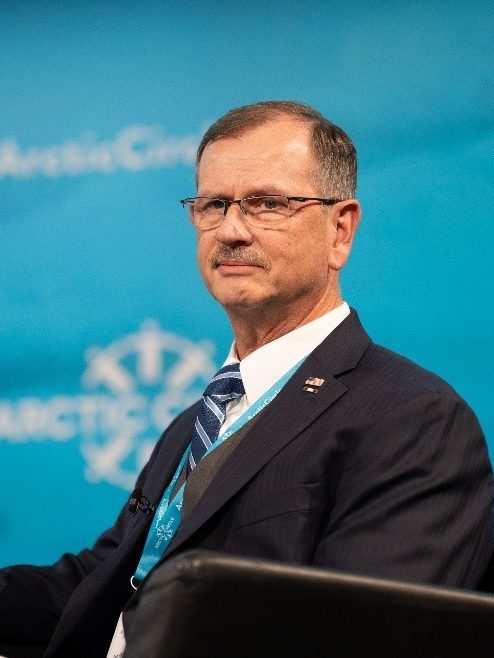
Maj Gen Randy “Church” Kee (Ret) is the inaugural Director of the Ted Stevens Center. Since September 2021, Maj Gen Kee has served as the Senior Advisor for Arctic Security Affairs for the Ted Stevens Center. Prior to his appointment with the Ted Stevens Center, he served as a Commissioner to the U.S. Arctic Research Commission and as the Executive Director of the Arctic Domain Awareness Center after his 30-year military career. Maj Gen Kee’s bio can be found here.
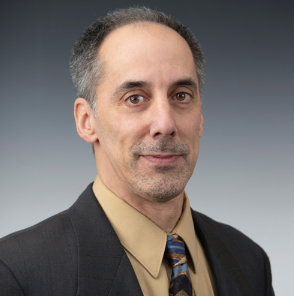
Tom Marchesani is a licensed professional engineer who has been actively involved in engineering management, design engineering, project engineering, with a specialization in corrosion engineering. He serves as Vice President of Engineering, Risk, and System Integrity for Alyeska Pipeline Service Company. In this capacity, he is responsible for all technical aspects of TAPS.
Tom joined Alyeska in 2013 as a project engineer, but his work on TAPS dates back to 1992, when he moved from South Jersey to Valdez to oversee coating of the marine terminal loading berths. He has held many technical roles since, from field engineer and Flow Assurance Engineer to Operations Engineering Manager and Engineering Director, before becoming Vice President of Engineering. Prior to coming on with Alyeska, he founded and led a firm providing corrosion and project engineering services to owners of industrial infrastructure in the marine, petroleum, and bioremediation industries. He holds a Bachelor of Science in Mechanical Engineering from Villanova University and is licensed in Alaska and Washington. He lives in Anchorage with his wife, Courtney, and their two sons and daughter. He is an artist, alpinist, writer, and musician who still enjoys a good game of basketball.
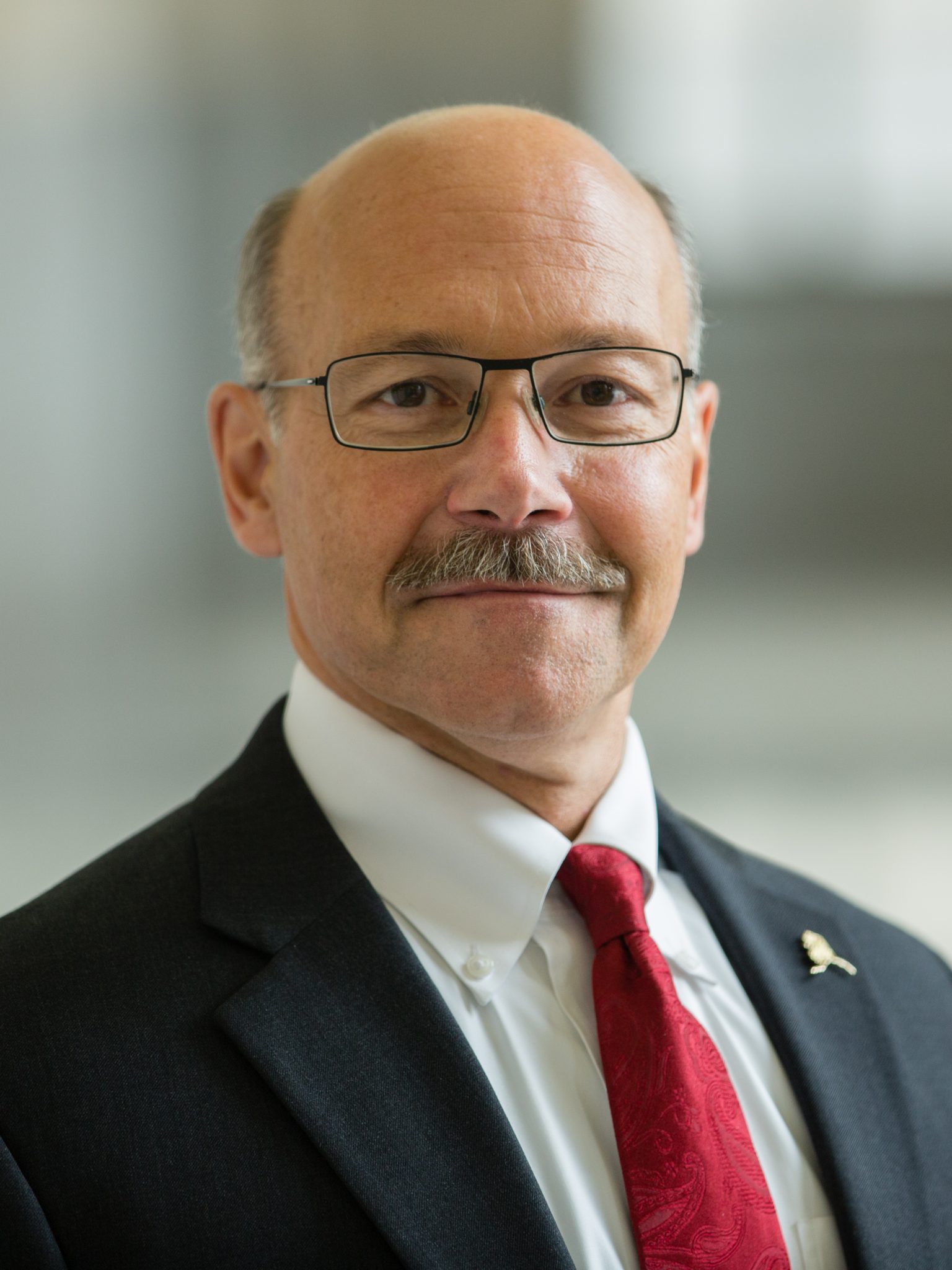
Dr. Michael Sfraga was the founding director of the Polar Institute and served as the director of the Global Risk and Resilience Program at the Woodrow Wilson International Center for Scholars in Washington, DC. He currently serves as chair and distinguished fellow in the Polar Institute, where his scholarship and public speaking focus on Arctic policy.
An Alaskan and a geographer by training, his work focuses on the changing geography of the Arctic and Antarctic landscapes, Arctic policy, and the impacts and implications of a changing climate on political, social, economic, environmental, and security regimes in the Arctic.
Sfraga served as distinguished co-lead scholar for the U.S. Department of State’s inaugural Fulbright Arctic Initiative from 2015 to 2017, a complementary program to the U.S. Chairmanship of the Arctic Council; he held the same position from 2017 to 2019. He served as chair of the 2020 Committee of Visitors Review of the Section for Arctic Science (ARC), Office of Polar Programs, National Science Foundation, and currently serves on the Scientific Advisory Council of the Finnish Institute for International Affairs. Sfraga previously served in several academic, administrative, and executive positions at the University of Alaska, including vice chancellor, associate vice president, faculty member, department chair, and associate dean. Sfraga earned the first PhD in geography and northern studies from the University of Alaska Fairbanks.

Dr. Hannele Zubeck is a Professor Emerita of Civil Engineering at the University of Alaska Anchorage. Her field of expertise is in Geotechnical Engineering, more specifically frozen ground engineering and pavement engineering in cold regions. She serves on several international committees, including the ASCE’s Cold Regions Engineering Division, and is a member of the editorial board of the Elsevier Journal for Cold Regions Science and Technology. She and Dr. Guy Doré co-authored the Cold Regions Pavement Engineering book published by ASCEPress/McGrawHill.

Wiley W Wilhelm, P.E., is a registered professional Civil Engineer and the General Manager of UMIAQ Design, LLC, an architecture, engineering and survey firm owned by UIC Commercial Services, a subsidiary of Ukpeaġvik Iñupiat Corporation, the ANCSA corporation for Utqiaġvik, Alaska. He has a B.S. in Civil Engineering from Washington State University and an MBA from the University of Washington.
For the past 35 years, Wiley has worked on infrastructure projects throughout Alaska. He designed more than 150 bulk fuel facility upgrades in rural and urban Alaska. Many of these projects were located in the Yukon-Kuskokwim delta and posed significant design challenges due to marginal permafrost conditions. He has also worked extensively on projects located on the North Slope, including water & wastewater repairs and replacement, coastal erosion control, roads and pads, and landfills. He also, at one point, managed the Operation, Maintenance and Training contract for the water & wastewater systems in the seven outlying village of the North Slope Borough. Wiley is a lifelong Alaskan who raised two sons in Anchorage with his wife Kelly. He enjoys spending time with them and his new granddaughter, as well as travel, and working on old cars and motorcycles.
